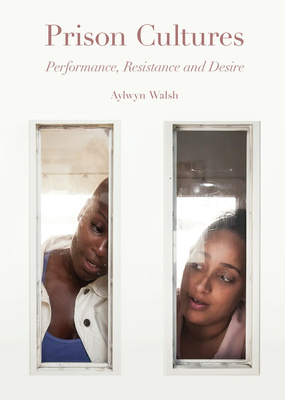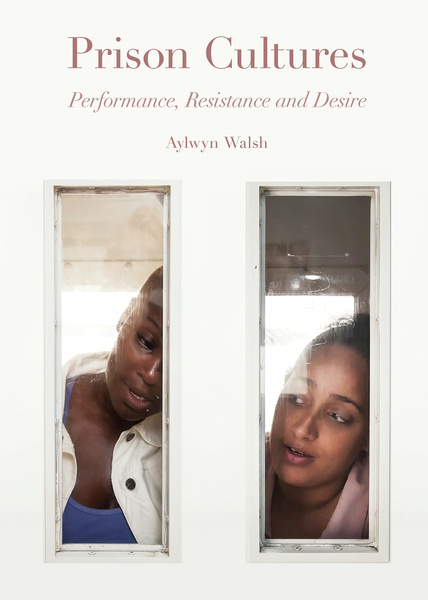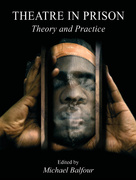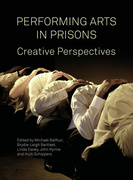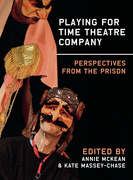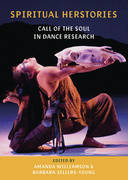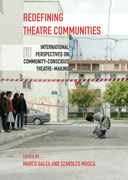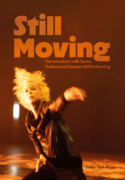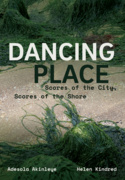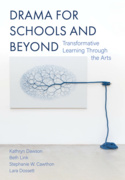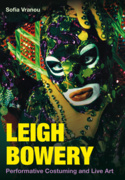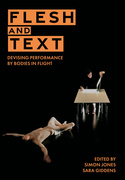Prison Cultures (Book)
Performance, Resistance, Desire
Prison Cultures offers the first systematic examination of women in prison and performances in and of the institution. Using a feminist approach to reach beyond tropes of 'bad girls' and simplistic inside vs. outside dynamics, it examines how cultural products can perpetuate or disrupt hegemonic understandings of the world of prisons. 9 b/w illus.
Edition
Prison Cultures offers the first systematic examination of women in prison and performances in and of the institution. Using a feminist approach to reach beyond tropes of 'bad girls' and simplistic inside vs. outside dynamics, it examines how cultural products can perpetuate or disrupt hegemonic understandings of the world of prisons. The book identifies how and why prison functions as a fixed field and postulates new ways of viewing performances in and of prison that trouble the institution, with a primary focus on the United Kingdom and examples from popular culture. A new contribution to the fields of feminist cultural criticism and prison studies, Aylwyn Walsh explores how the development of a theory of resistance and desire is central to the understanding of women’s incarceration. It problematizes the prevalence of purely literary analysis or case studies that proffer particular models of arts practice as transformative of offending behaviour.
Aylwyn Walsh is a lecturer in applied theatre at the School of Performance and Cultural Industries at the University of Leeds.
Introduction
Chapter One: Prison Cultures Habitus and ‘Tragic Containment’
Chapter Two: Genealogies of Prison as Performance: Towards a Theory of Simulating the Cage
Chapter Three: Trauma, Strategies and Tactics: Problems of Performance in Prison
Chapter Four: Race, Space and Violence
Chapter Five: Prison Lesbians: Screening Intimacy and Desire
Chapter Six: Performance through Prison: Institutional Ghosts and Traces of the Traumatic
Paradoxes of Prison Cultures
Bibliography
'Walsh's book doesn't disappoint. [...] Prison Cultures provides an incredibly rich, detailed, and complex performance analysis of women's prisons and imprisonment, and develops an argument for performance as a tool for resistance in carceral settings. [...] [It] shifts the prison theatre discourse in new directions, shunning the typical arguments around efficacy and impact in favour of striking new ground. The book is an ideal source for researchers interested in theatre and performance in the criminal justice system, and for those with a keen interest in penology, cultural and feminist criminology. The provocations presented to the applied theatre in the criminal justice sector should also serve to make this a valuable resource to those studying, and practising, prison theatre.'
‘This book provides an incisive and innovative analysis of carceral environments that challenges the common sense of prison cultures. Walsh deploys a radical and feminist sensibility to uncover not only how various types of performance strategy perpetuate rigid typologies of women, but also how artistic interventions and theatre representations can fashion alternative and resistive subjectivities.’
'It is a novel and original contribution to the field, with insightful performance analyses that illuminate the complex ways performance practices function in wider culture, as well as within the context of prisons themselves.'
'Prison Cultures offers a multilayered and complex account of how justice is staged and experienced by women in prison and how such experiences are subsequently mediated in contemporary culture. Drawing on a range of examples and disciplines and committed to a feminist perspective, Aylwyn Walsh makes a compelling case for performance's function as a tool of resistance to carceral and patriarchal logics, imaginaries and practices against women in and out of prisons. This is an important source for anyone with an interest in performance and the criminal justice system specifically, but also, more broadly for anyone with a concern about the role of performance against regimes of power that perpetuate marginalization, racism and gender-violence. A timely intervention.’

